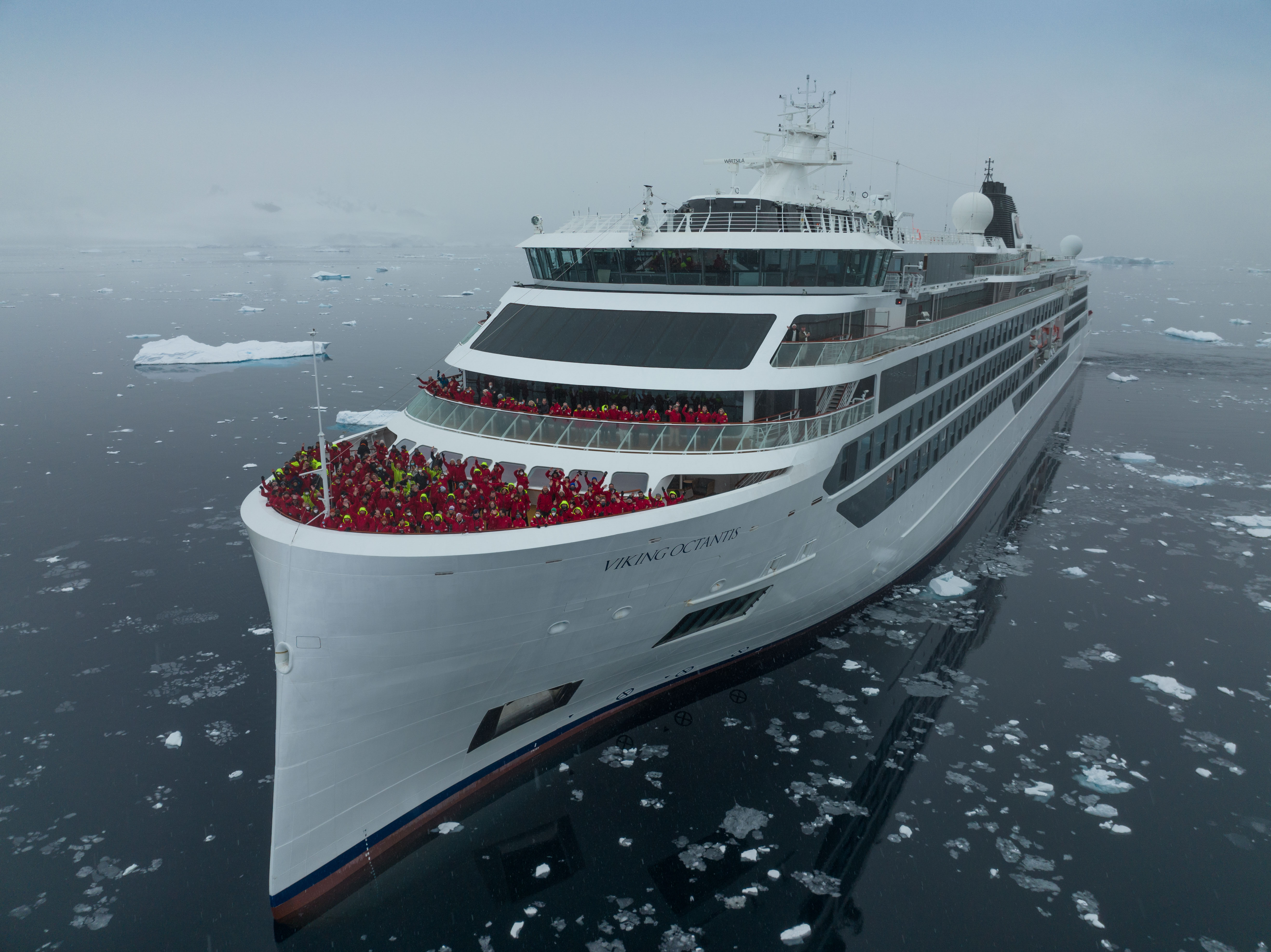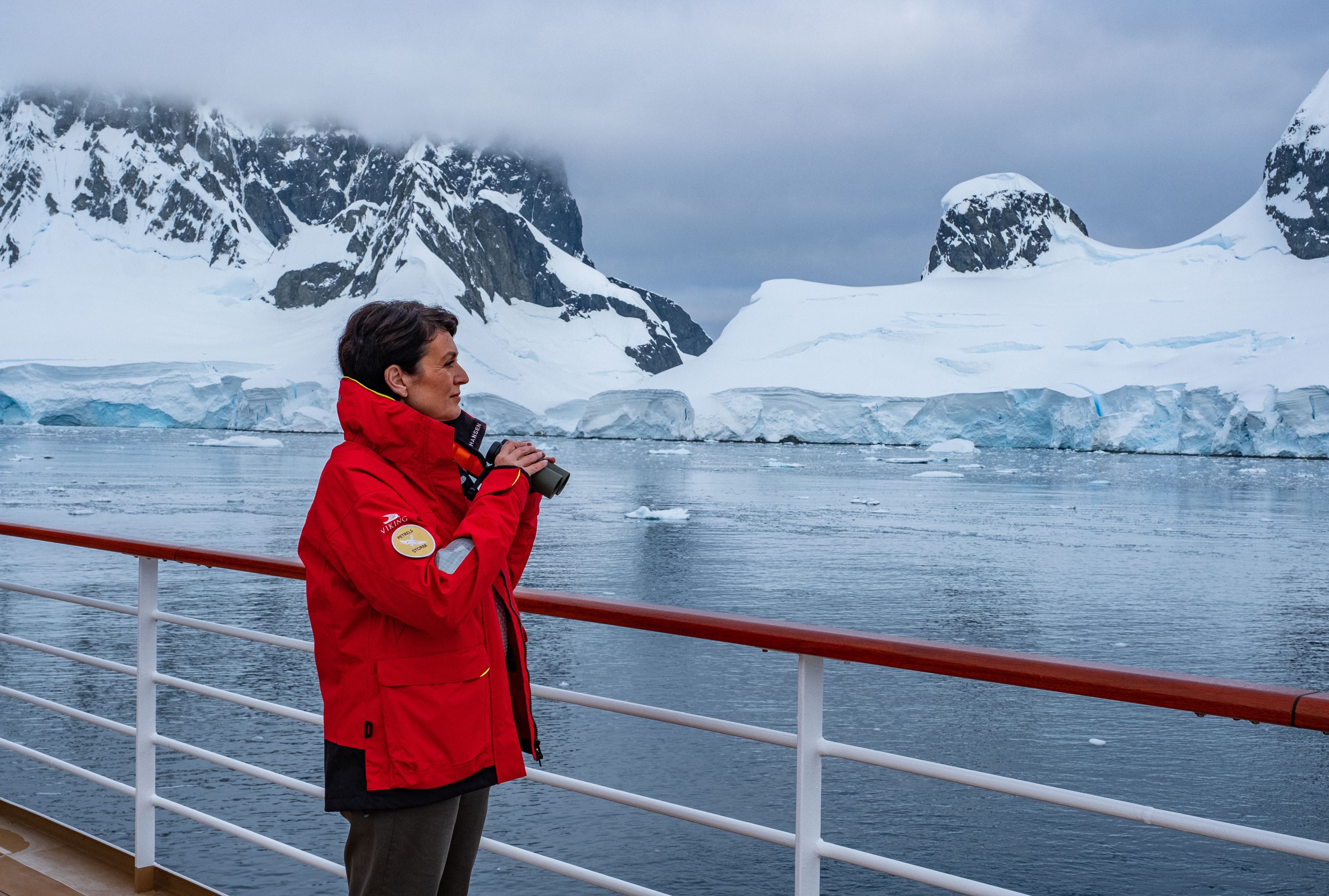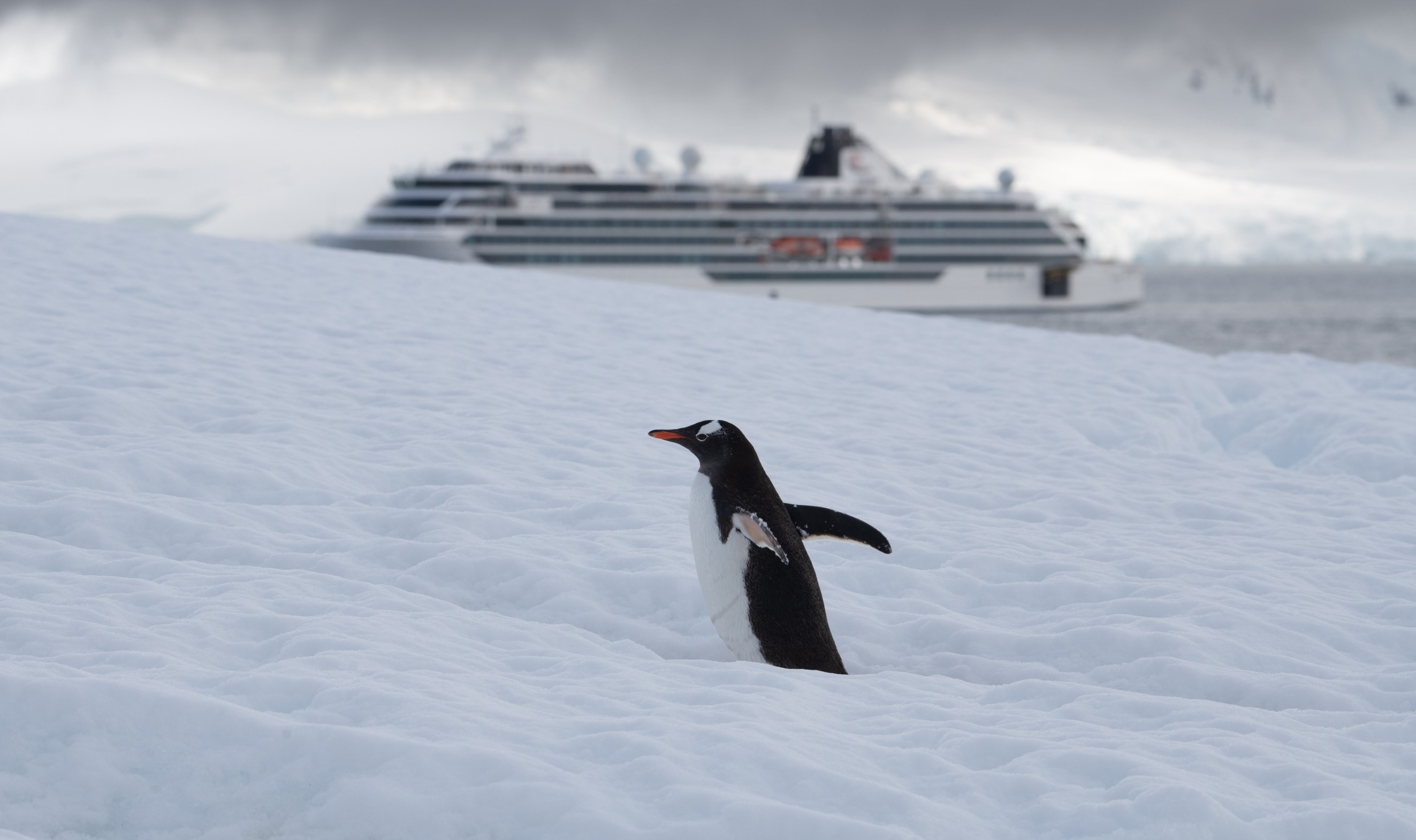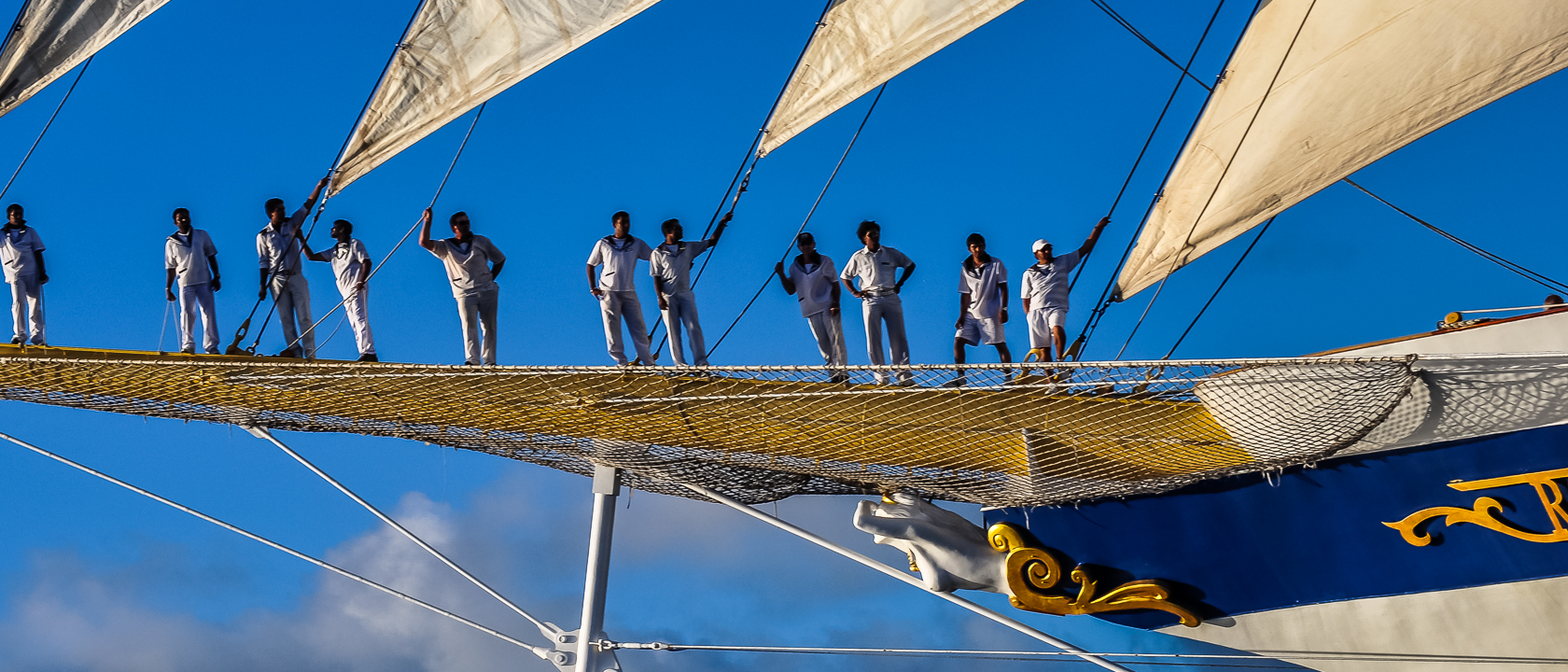
More Firsts: Viking Genetically Sequences Phytoplankton At Sea
Viking announced a significant advancement in marine research and exploration: real-time environmental DNA (eDNA) sequencing of phytoplankton available on their expedition fleet. This achievement positions Viking as the first travel company to offer such capabilities onboard its vessels.
Collaboration for Scientific Discovery
This milestone came through partnerships with esteemed scientific institutions: UC San Diego’s Scripps Institution of Oceanography (Scripps) and J. Craig Venter Institute (JCVI). Viking repurposed the PCR lab on the Viking Octantis, transforming it into an advanced scientific environment. Visiting scientists participating in the Genomics at Sea Program (GASP) can now monitor the environmental impact on phytoplankton without needing to transport samples to distant shore facilities.

Viking’s Commitment to Exploration and Research
Viking’s commitment to offering meaningful scientific discovery on every expedition voyage is evident in this development. It builds upon their existing role in Fjord Phyto, a NASA-funded Scripps program where guests participate in research by sampling polar phytoplankton for genetic analysis.

Benefits of Onboard eDNA Sequencing
- Faster Results: Environmental impact on phytoplankton can be monitored in real-time, eliminating the need for lengthy shoreside analysis.
- Deeper Insights: Scientists gain a more comprehensive understanding of the genetic diversity of plankton, crucial for assessing the ocean’s response to climate change and other stressors.

Viking Expedition Team and Renowned Partners
Viking has established a world-leading scientific enrichment environment in expedition cruising through partnerships with esteemed institutions. Each expedition features a multidisciplinary 36-person team, including visiting researchers who guide guests through research, lead shore excursions, and deliver lectures.
- Scripps Institution of Oceanography: Works to understand environmental challenges.
- J. Craig Venter Institute (JCVI): Advances the science of genomics to understand the biological world.

Importance of Phytoplankton Research
- Phytoplankton absorbs 40% of the world’s carbon and provides 50% of its atmospheric oxygen, acting as the “planet’s lungs.”
- Understanding these organisms is crucial for comprehending the Earth’s carbon cycle, particularly in remote regions.

Viking’s Additional Scientific Partners
- University of Cambridge’s Scott Polar Research Institute (SPRI): Provides expertise and research leadership.
- Cornell Lab of Ornithology: Conducts research and offers guest interaction with ornithologists.
- National Oceanic and Atmospheric Administration (NOAA) Great Lakes Environmental Research Laboratory (GLERL): Conducts research on Great Lakes ecosystems.
- Norwegian Institute of Water Research (NIVA): Engages in research on water-related issues.
- Oceanites: An American non-profit leading Antarctic penguin monitoring.
- IUCN Species Survival Commission Species Monitoring Specialist Group: Collaborates on developing marine biodiversity monitoring systems.
- Norwegian Polar Institute: Permits Viking’s expedition activities in Antarctica.

About Viking Expeditions
Viking offers destination-focused expeditions in Antarctica, the Arctic, and North America’s Great Lakes. Their fleet includes the Polar Class Viking Octantis and Viking Polaris, specifically designed for exploration with features like extensive viewing areas for optimal scenery observation. Viking prioritizes environmental responsibility with features like energy-efficient vessels and a commitment to developing zero-emission technology for future ships. Their focus on creating experiences for “The Thinking Person” has been recognized by Condé Nast Traveler, ranking #1 for Expeditions, Rivers, and Oceans in their 2023 Readers’ Choice Awards.



